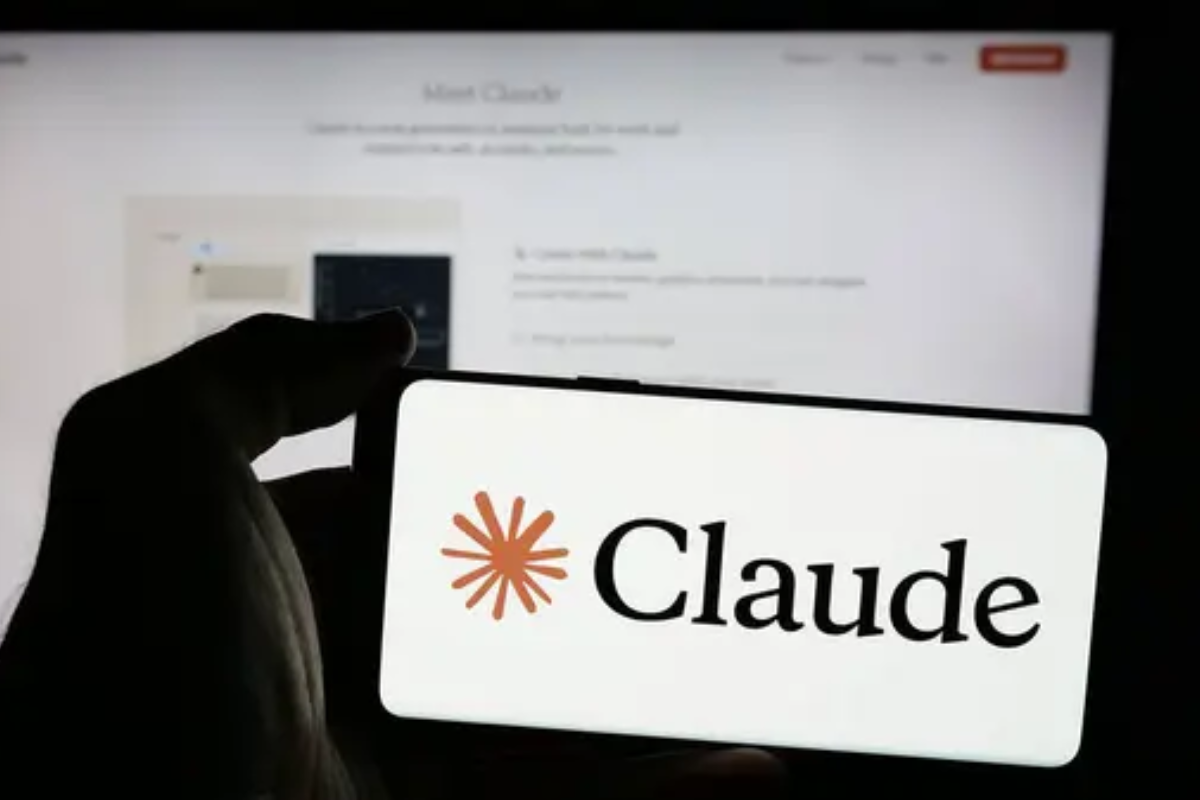Claude Comes with Privacy-First Memory Something GPT-5 Could Learn From

Artificial intelligence models are evolving at breakneck speed, and one of the most strategic battlegrounds right now is AI memory. This week, Anthropic introduced a privacy-first, on-demand memory feature for Claude and while it might sound like just another incremental update, its implications go far deeper. For businesses, this could be a blueprint for balancing personalization with data privacy. For GPT-5, it’s a lesson worth paying attention to.
At Scalevise, we help businesses navigate the AI landscape by building automation strategies and selecting the right AI tools for your needs. This latest update from Anthropic is a prime example of how the way a feature is designed can make all the difference for compliance, trust, and scalability.
What Claude’s Privacy-First Memory Actually Does
Most AI assistants keep context within a single session. Once the conversation ends, the memory is gone unless the platform stores it in the background for later use. That’s where things get tricky for privacy and compliance.
Claude’s new feature changes the game in three important ways:
- On-Demand Search and Reference
Users can now tell Claude to search through past conversations on request. There’s no automatic scanning of history the assistant only pulls relevant data when explicitly asked.
According to Anthropic, this makes the interaction “similar to working with a colleague who remembers past projects but doesn’t snoop through your desk drawers.” - Available Across Platforms
The feature is rolling out across web, desktop, and mobile, but only for Claude Max, Team, and Enterprise tiers. This aligns with Anthropic’s focus on enterprise-level privacy and control. - No Automatic Profiling
The most significant part: Claude doesn’t build a persistent, behind-the-scenes profile of you. The memory stays passive unless activated.
For companies operating under strict compliance requirements (think GDPR in the EU or HIPAA in the US), this approach reduces risk. It gives businesses the benefits of AI memory without the exposure of continuous data capture.
Why This is a Strategic Move
Anthropic isn’t just adding convenience they’re positioning Claude as the privacy-centric AI assistant for professional environments. Let’s break down the strategy:
1. Privacy-Driven Differentiation
While GPT-5 and other large models often focus on always-on personalization, Claude’s opt-in model flips the script. This resonates with privacy-conscious executives, legal teams, and regulated industries.
2. Enterprise Trust-Building
In our experience at Scalevise, enterprise adoption hinges on two things: measurable ROI and data safety. By making memory explicit and user-controlled, Anthropic gives decision-makers a reason to trust their AI integration.
3. Regulatory Alignment
Data protection laws are only going to get stricter. A memory system that doesn’t automatically profile users is more future-proof and that’s exactly what this design delivers.
What GPT-5 Could Learn from Claude
While GPT-5 is more advanced in some areas notably reasoning and tool integration Claude’s memory rollout highlights several lessons OpenAI could adopt:
| Lesson | Why It Matters |
|---|---|
| User-Controlled Memory | Businesses need the ability to decide when memory is used to remain compliant. |
| Scoped Contexts | Instead of one global memory, use “project-specific” or “conversation-specific” memories to prevent data spillover. |
| No Passive Profiling | Building trust means not tracking unless it’s essential — and only with permission. |
| Clear UX for Settings | Claude’s Settings → Profile approach is transparent. GPT-5 could make memory controls far more visible. |
The result? A more trustworthy AI that businesses can adopt without major legal reviews or compliance bottlenecks.
How This Impacts AI Stack Decisions
Choosing between Claude, GPT-5, or other models isn’t just about raw performance it’s about fit for purpose. At Scalevise, when we design an AI stack for a client, we don’t just benchmark model accuracy; we assess:
- Compliance requirements (GDPR, HIPAA, internal policies)
- Integration needs (e.g., connecting to CRM, ERP, or custom middleware)
- User roles and access control (ensuring the right people see the right data)
- Risk tolerance (how much exposure the business can handle in case of a data incident)
A privacy-first memory like Claude’s might be perfect for one client, while another might need GPT-5’s deeper reasoning combined with a custom memory wrapper for compliance.
The Business Case for Privacy-First Memory
From a business strategy standpoint, there are three clear advantages:
- Reduced Legal Risk
Every piece of data an AI stores can become a liability. Limiting memory to explicit requests minimizes this footprint. - Improved Stakeholder Confidence
When clients, partners, or internal teams know that their data isn’t being silently profiled, resistance to AI adoption drops. - Better Control over Outputs
Controlled memory reduces the chance of AI “hallucinating” from outdated or irrelevant context.
For many of our clients, this control is worth more than incremental gains in AI fluency.
Why Scalevise Pays Attention to Moves Like This
Our work involves building scalable, automated workflows that integrate AI safely and effectively. That means we constantly evaluate not only which tools are most capable, but which are most responsible.
Anthropic’s Claude update is a reminder that in AI development, how a feature is implemented can be as important as what the feature does.
If you’re deciding between Claude, GPT-5, or a multi-model approach, this is the kind of analysis you need before committing. A wrong decision now can mean expensive re-architecture later.
Final Thoughts
Claude’s privacy-first memory isn’t flashy it’s strategic. It positions Anthropic as the AI provider that understands enterprise concerns, builds trust, and stays ahead of tightening regulations.
GPT-5 might outperform Claude in reasoning tasks, but when it comes to balancing personalization with privacy, Anthropic just set a benchmark.
At Scalevise, we can help you evaluate these trade-offs in the context of your specific goals, compliance needs, and operational workflows. Whether you need a single AI agent or a multi-model architecture, our focus is on building a stack that works for your business today and holds up tomorrow.
Ready to choose the right AI stack?
Contact us at https://scalevise.com/contact to discuss your needs.
Sources:
